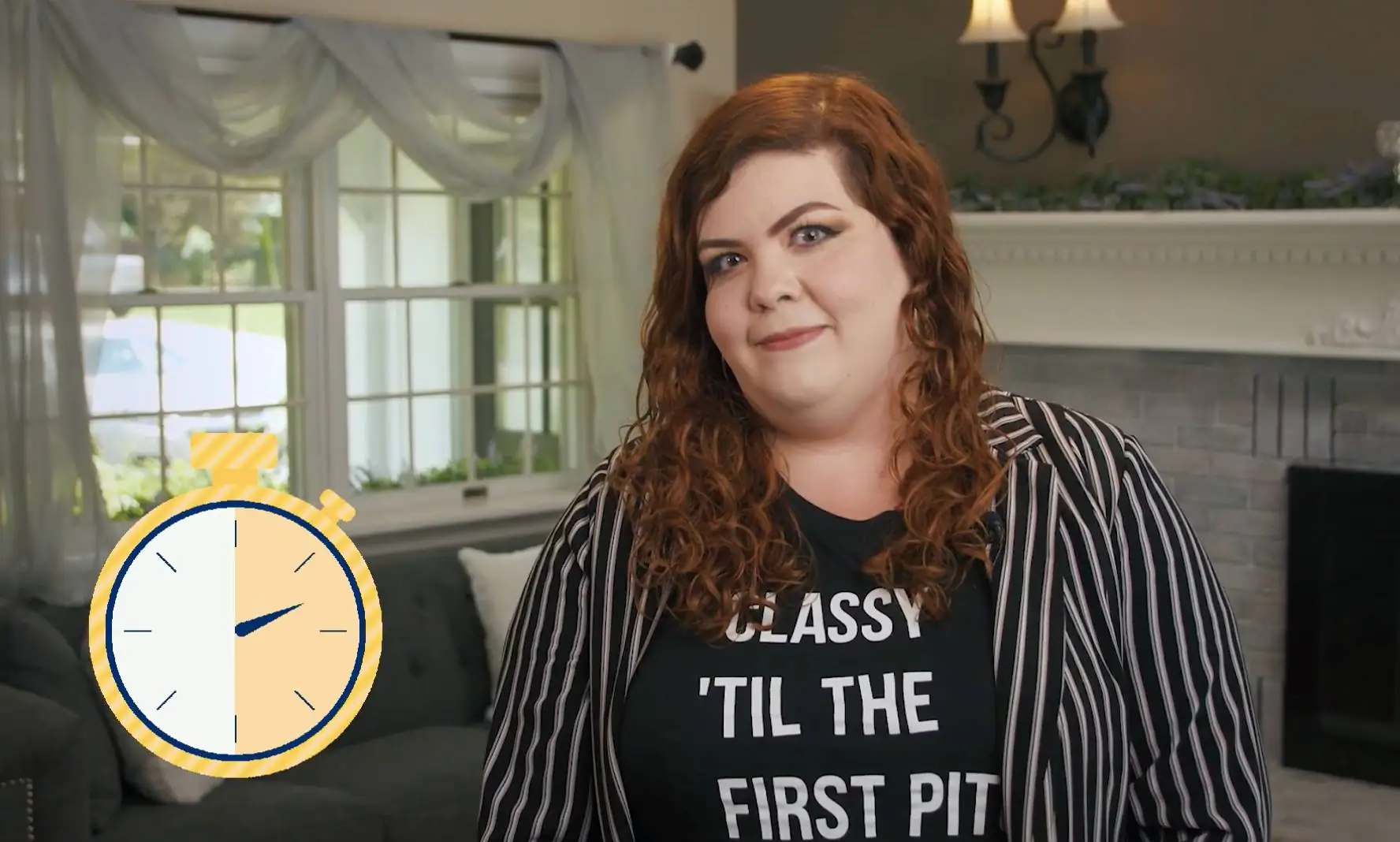What’s the difference between startups that rocket to billions in valuation and startups that crash after launch?
Sometimes, it’s luck; sometimes, it’s marketing. It’s one thing to make a flashy website to promote your product, but are you promoting it to the right people?

Search Engine Optimization (SEO) can be a great marketing tool for startups—especially for lead generation–but it can be a complicated undertaking. Good news, though: We have some expert tips for you, courtesy of Adriaan Van Swieten, who works on SEO with startups and businesses across the country.
Adriaan is also in the startup world as Co-Founder and Chief Technology Officer at business management app Sweetboss, and has additional background as a mechanical engineer. He shared some helpful info about how to think about SEO, how to start tracking (and what to track), and new ways search engines index websites. Here’s what he had to say.
SEO Success Takes Time
It can take six to 12 months for a company to see real traction. “We don’t control search engines’ response to our strategy,” says Adriaan. “There’s a considerable lag as search engines find things, index them, and decide whether this page is something they want to show for certain keywords.”
Once initial progress has been made, though, things go more quickly. You may see some intermediate success on some of your site’s pages, and then once you get into the top 50 results for a certain keyword. “If you climb from 50 to 11, you’re still below the fold,” Adriaan says. “Once you get into the top 10, it ramps up exponentially from there.”
How to Start Tracking SEO Keywords and Rankings
There are lots of SEO tools out there, but Adriaan recommends a simpler approach when you’re just starting out: To see what’s already being searched around your product or market niche, “type things into Google,” he says. “Especially with startups, teams can live in their own world when it comes to talking about the product. Your customers may not understand that language yet. When you’re small, you need to go with what people are already searching for.”
When it comes to rankings, mixing in low-volume keywords (relevant keywords that are searched for less than the top 10, making them less competitive) can be a good strategy, Adriaan says. Even 100 people searching for something in your market niche could offer you some lead potential if you’re on the first page of results.
See our list of SEO tools here!
Create a Comprehensive Website
Your sleek, minimal-text website design may be hurting your SEO impact. “A lot of businesses in general don’t want to put words on their website,” Adriaan says. “That might work if you’re the Apple website, but that’s because it’s something people know well. Coming in with a product that’s way less known, you need to explain things.”
Search engines need those words to figure out what your website is all about so it can offer you up as a search result, and rank you in terms of “authority”—how trustworthy or valuable a page is. “If Google is deciding which of two sites has more authority, the one with more information is probably going to win. After the hook, you need to get to the material and prove it.”
Of course, it’s also important to cover the basics, like making sure website titles and excerpts are optimized and adding image descriptions. It’s also important to just read your site once in a while. “Don’t just scan for flaws. Get into the head of your prospective customer,” Adriaan says. “You can get really good insights that way.”
New Trends in SEO
It’s harder to “hack” SEO nowadays; pages with tons of links and 10,000 keywords aren’t given as much page authority these days. “Google now much prefers this idea of clusters of information,” Adriaan says. “You want to build authority through answering different questions: what to look for, how to know you need it, models you can choose from. Creating these pages makes you an authority on this info.”
This is also great for users because they don’t need to leave your website to find answers. “Building content on your own site, rather than spending a lot of money to receive external links you don’t control, is much better in terms of an investment,” Adriaan says.
Backlinks (when other websites, particularly those with high traffic, link to your site) are still an essential part of an SEO strategy, though. “We now use them much more sparingly,” Adriaan says, “and only after first building out the content on the site as much as we can.”



